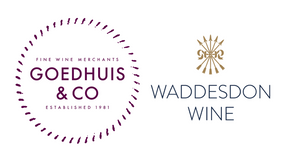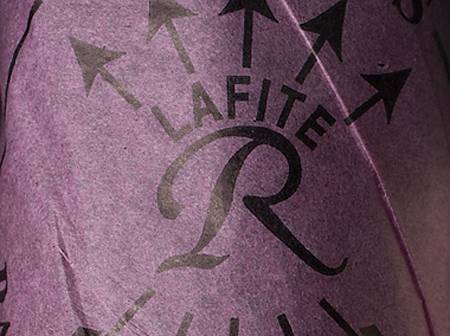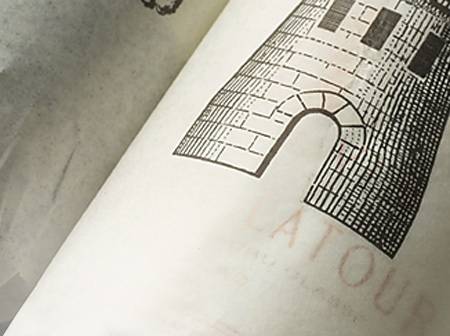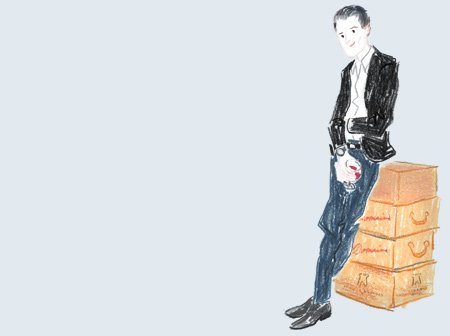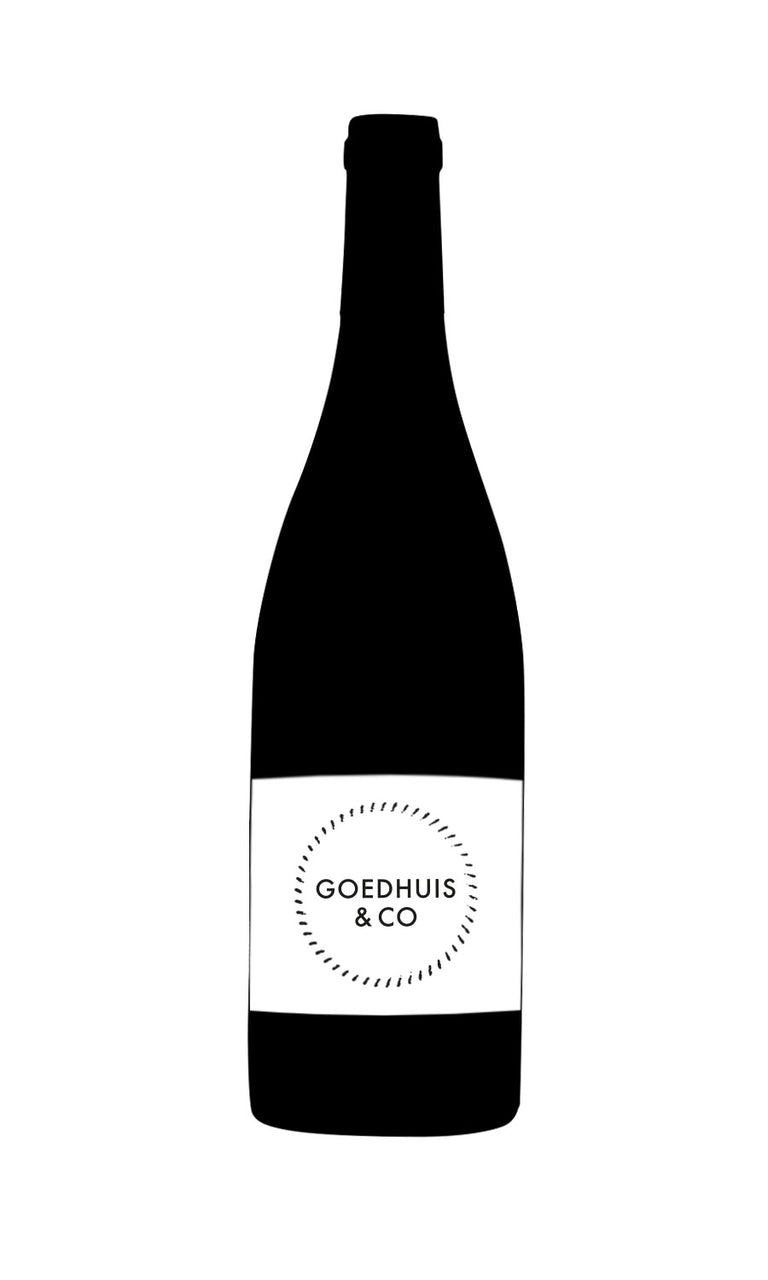
- Colour Red
- Producer Château Angélus
- Region Bordeaux
- Drinking 2032 - 2068
- Case size 1x75cl
- Available Now
2018 - Hommage à Elisabeth Bouchet par Ch Angelus - 1x75cl
- Colour Red
- Producer Château Angélus
- Region Bordeaux
- Drinking 2032 - 2068
- Case size 1x75cl
- Available Now
Select pricing type
Need help? Call +44 (0)20 7793 7900 or email wine@goedhuiswaddesdon.com.
-
Jeb Dunnuck, August 2022, Score: 100
Only the second release of this cuvée (it was first produced in 2016 and will be produced in 2019 as well), the 2018 Château Angelus Hommage A Elisabeth Bouchet is 100% Cabernet Franc coming from a single parcel of vines averaging between 60-80 years in age. It was vinified in stainless steel and the aging spanned 18 months in new French oak. It's another magical wine from this château that somehow manages to marry serious power and richness with a sense of purity and elegance, as well as complexity, that's something to behold. Deep purple-hued, it offers a sensational array of blackcurrant and cassis fruits intermixed with truffle, spring flowers, and a subtle meaty, baking spice character that develops with time in the glass. Full-bodied on the palate, it's flawlessly balanced, has ultra-fine tannins, and an expansive, seamless, heavenly mouthfeel. Everything is in the right place, and it has perfectly integrated oak along with a gorgeous finish. There are just 849 bottles produced, with a few larger formats, so I expect this to be just about impossible to find in the marketplace (nor will it be cheap), but it's as fine a Saint-Emilion as has ever been made. It needs a decade of cellaring, and I suspect it will have 40-50 years of overall longevity.
Producer
Château Angélus
Owned by the de Bouard de Laforest family for years, it is only since the mid 1980s that this château has truly hit its potential. Hubert de Bouard, with the assistance of consulting oenologist, Michel Rolland, is making some of the finest wines in St Emilion. The château is particularly notable for producing excellent wines even in challenging vintages which for many is the true testament of quality.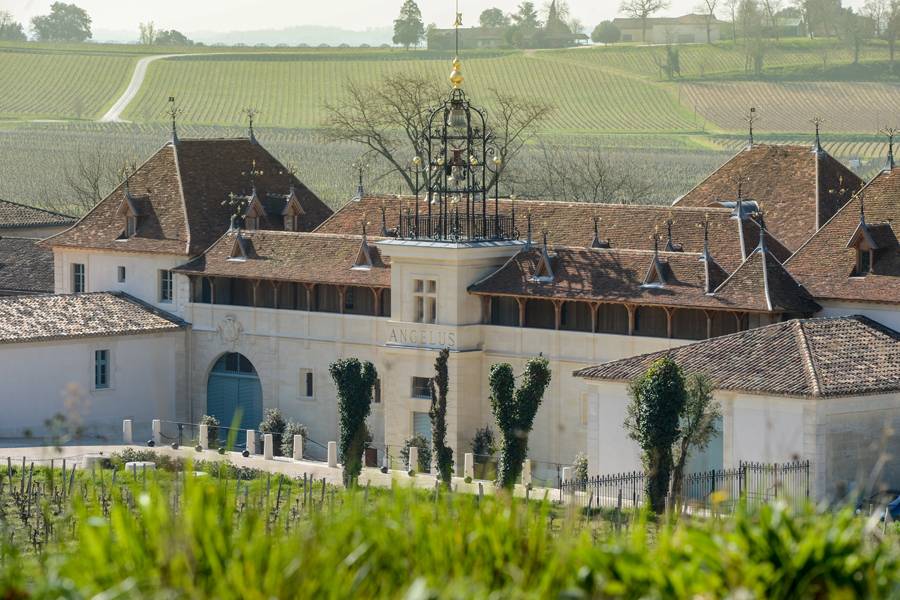
Region
Bordeaux
When the Romans first planted a few vines on the limestone outcrops of St Emilion in the early years of the first century, and tasted what was, by all accounts, rather thin, bitter wine, they can hardly have imagined that the region's greatest red wines would become the most sought afterfine wines in the world. From the days in the seventeenth century when the then owners of Ch Haut Brion, the de Pontac family, became the first to export to the UK, selling their wine in their own tavern, the Pontac's Head, red Bordeaux or claret has been the Englishman's favourite. The wines of the 1855 Classification are merely the tip of the iceberg. Bordeaux AC accounts for about half of all wine produced in the area, from vineyards outside the regional or communal appelations and often blended by the negociant houses. Simpler beasts these although still clearly related to their more illustrious cousins - relatively light and fresh, full of fruit, with soft tannins making for delicious, and good value, early drinking.
